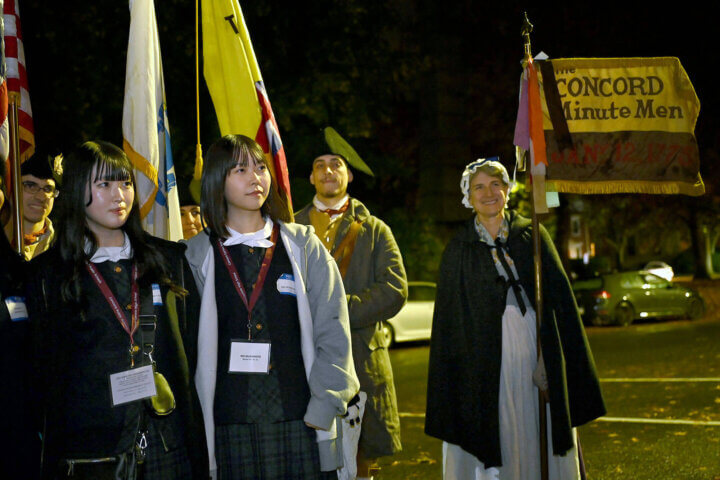Concord is ramping up for Town Meeting, with Finance Committee meetings and hearings through March, making recommendations on spending for the next fiscal year.
So far, the town can meet financial obligations with the money at hand.
“The [FinCom] annual report highlights some real areas of financial strength that Concord still has,” said FinCom member Lois Wasoff on March 23.
The list of strengths includes a AAA bond rating, well-funded pension liabilities; free cash is within the 5 to 10 percent policy target; and the town can fund expenses within the confines of Proposition 2 1/2, so no override is expected.
But like a lot of good news, there is a substantial ‘however” that is now being expressed out loud.
“The areas of concern that were identified as we looked at the projections and the full picture were significant,” Wasoff said.
Those concerns: costs outstripping revenue by fiscal 2028; increased debt service; dwindling free cash; and unused levy capacity exhausted post-pandemic.
“We are looking at the need for Proposition 2 1/2 overrides as early as fiscal 2026, so it’s sobering,” Wasoff said.
One piece of the issue discussed by the FinCom was debt service. Over the past 20 or so years, the town has replaced multiple school buildings and debt service now consumes a far greater percentage of spending than in the past.
There are three basic spending entities: The town, Concord Public Schools and the regional school district. The K-8 public school budget is the largest of the three.
Among the recommendations in the FinCom report:
· Continued fiscal restraint as revenue and free cash rebound to pre-pandemic levels
· Limiting headcount growth and deferring or resizing capital projects
· Recommending the public schools, the largest of the town’s budget, find ways to slow its five-year cost growth trajectory.
The FinCom recently began asking for longer-range financial projections to better map the immediate financial future. Member Don Kopka pointed out that, as a resident, he often found himself asking where the town was as far as spending, wanting a broader perspective,
There is a lot at stake, FinCom Vice Chair Parashar Patel pointed out. Concord has a fair number of people who can financially absorb the higher taxes from an override. There are also a fair number who cannot – or won’t — and would likely leave town. That, he said, can mean fundamental changes to a town’s character.
Proposition 2 1/2 limits the size of a property tax increase to 2 1/2 percent of the levy limit, plus new growth. An override allows the town to move past that 2 ½ percent limit. The downside: Increased taxes.
From fiscal 2002 through fiscal 2007, the town had an operational override each year. There have been no operational overrides since then.




